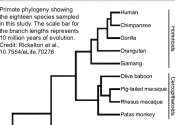New biology unveiled for fundamental cellular machinery
Cellular communication relies on receptor molecules on the cell surface. The periodic uptake and sorting of these receptors, critical for their degradation or recycling, are governed by an elaborate machinery prominently ...








